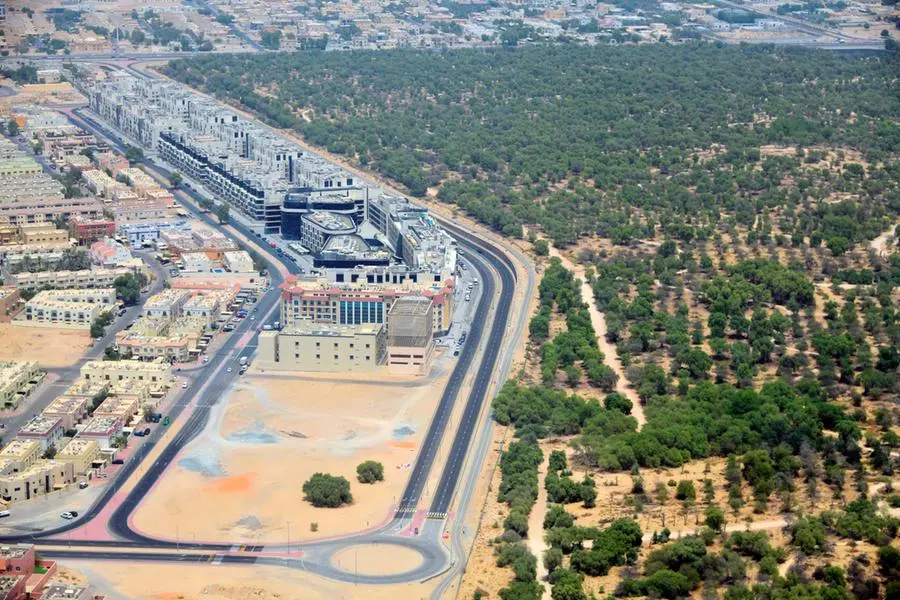PHOTO
The United Arab Emirates has made remarkable progress in addressing and combating desertification and its associated challenges by implementing a series of proactive measures and innovative initiatives that have helped mitigate the phenomenon’s impact and steadily expand agricultural land.
Observed tomorrow, 17th June, the World Day to Combat Desertification and Drought provides an opportunity to highlight the UAE’s forward-looking approach to managing this pressing issue, despite severe climatic conditions such as high temperatures and low rainfall.
The UAE continues to pursue the goals outlined in the National Strategy to Combat Desertification 2022–2030, which aims to preserve ecosystems and improve arid and semi-arid lands, adapt to and mitigate the effects of climate change on desertification-prone ecosystems, raise awareness and build national capacity regarding desertification, adopt and implement modern technologies, enhance integration of scientific research in desertification control, and strengthen partnerships and cooperation at national, regional and international levels.
During a Cabinet meeting on 3rd February, key results achieved under the strategy were reviewed, including the rehabilitation of 1,800 hectares of degraded land, the improvement of 378.2 square kilometres of land, the reduction of degraded land to just 1.2 percent, and the stabilisation of 98.8 percent of land areas. Soil carbon stability was recorded at 98.2 percent.
Additionally, the UAE developed a smart soil monitoring system using artificial intelligence, conducted 96 scientific studies under the rain enhancement science programme, and implemented 25 projects in saline and desert agriculture. It also studied the drought, heat, and salinity tolerance of 325 plant species.
Several initiatives were launched to enhance land ecosystems, including sustainable grazing projects, a land degradation neutrality programme, the development of gene banks for native desertification-resistant plants, an early warning and forecasting programme for sand and dust storms, and initiatives on green belts and urban forest management.
The UAE has devoted considerable attention to combating desertification, reclaiming vast areas of desert land, and establishing artificial forests, green belts and open spaces using native and salt-tolerant plants. These efforts also include reducing overgrazing, deforestation and unsustainable agricultural practices, as well as focusing on rain enhancement research, building dams, promoting the use of treated water, and launching numerous awareness campaigns to engage the public in combatting desertification.
The UAE has reinforced its commitment to global desertification efforts by joining several international environmental conventions, including the United Nations Convention to Combat Desertification in 1998.
In line with its obligations under the convention, the Ministry of Climate Change and Environment, in cooperation with strategic partners, developed the first national desertification strategy in 2003, which was subsequently updated in 2014. The current National Strategy to Combat Desertification 2022–2030 represents the third iteration.
The UAE has successfully transformed vast desert areas into green landscapes, parks and farms. Its broad efforts to combat desertification also include the establishment of around 49 terrestrial and marine nature reserves, in line with national efforts to reduce land degradation and promote environmental sustainability.
Notably, the UAE is one of the first countries in the region to adopt artificial rain enhancement as an innovative method to combat desertification and drought, increase green cover, boost water reserves, and mitigate the effects of climate change.





















